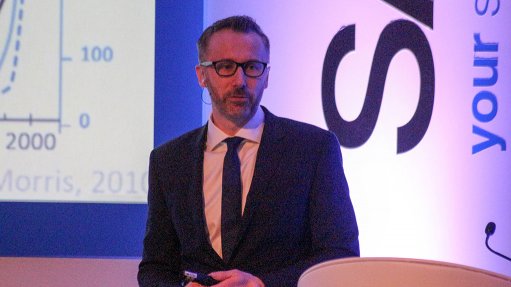
In 1980, the average life expectancy of a firm in the Fortune 500 was around 38 years. Today, it is less than 15 years and declining all the time, says Sean Culey, a globally recognised business transformation expert and author. He believes that companies aiming to thrive in the new, disruptive, digital era must transform their business models.
“In this world of ever increasing change and digital disruption, the so-called ‘VUCA’ environment, the need to be able to move and adapt at pace has never been more pressing. Today, the world’s largest transport company owns no vehicles, the world’s largest retailer holds no inventory, the largest accommodation provider holds no real estate, the world’s largest movie provider has no cinemas, and the largest telecommunications companies own no infrastructure.
A company that developed an app that allowed people to hail cars became worth more than the companies that manufactured the cars. This is our world in transition, and businesses that do not transform will find that their lunch is about to be eaten by nimbler, hungrier and infinitely more agile competitors,” Culey warns.
In his latest book, “Transition Point – from Steam to the Singularity”, Culey examines how technology has transformed the world and why what comes next is critical. The eagerly awaited book’s global launch coincides with Culey’s visit to South Africa next month (October). He will share his insights and advice at a “masterclass” hosted by SAPICS, The Professional Body for Supply Chain Management.
“Sean received rave reviews when he spoke at the 2017 SAPICS Conference and was a double award winner at the event. We have been inundated with requests for him to return to South Africa,” comments SAPICS president Mungo Park.
This event takes place on Wednesday, 24 October. Every registrant will receive an electronic copy of Culey’s new book.
For further information, or to register, call 011 023 6701 or email info@sapics.org.za.